U.S. Owes Black People Reparations for a History of `Racial Terrorism,' Says U.N. Panel
The Washington Post
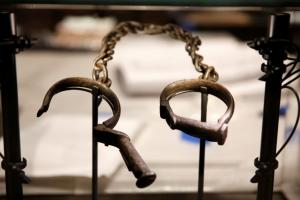 The legacy of colonial history, enslavement, racial subordination and segregation, racial terrorism and racial inequality in the United States remains a serious challenge, as there has been no real commitment to reparations and to truth and reconciliation for people of African descent, a United Nations report stated. "Contemporary police killings and the trauma that they create are reminiscent of the past racial terror of lynching."
The legacy of colonial history, enslavement, racial subordination and segregation, racial terrorism and racial inequality in the United States remains a serious challenge, as there has been no real commitment to reparations and to truth and reconciliation for people of African descent, a United Nations report stated. "Contemporary police killings and the trauma that they create are reminiscent of the past racial terror of lynching."



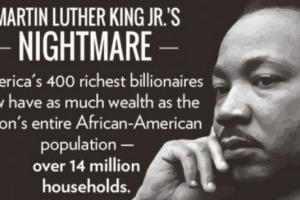
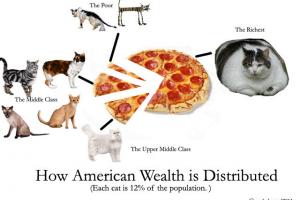

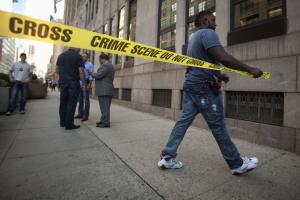
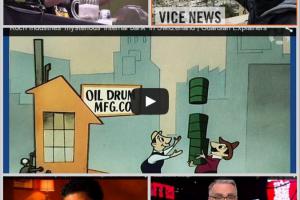
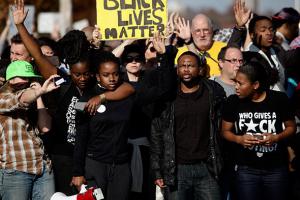
Spread the word